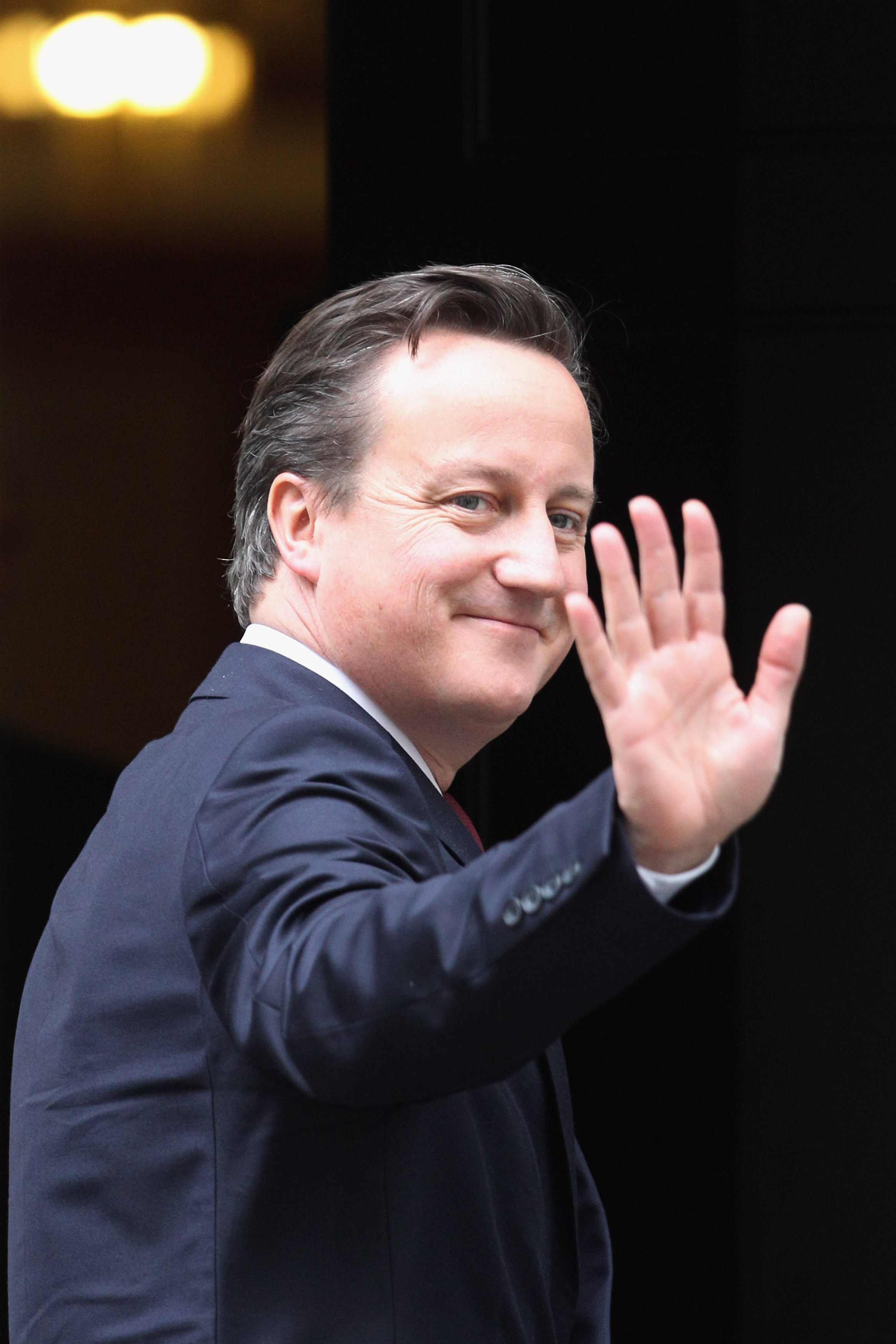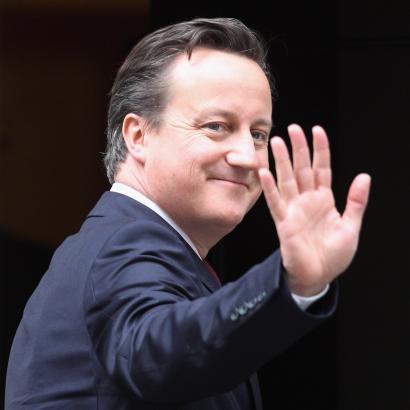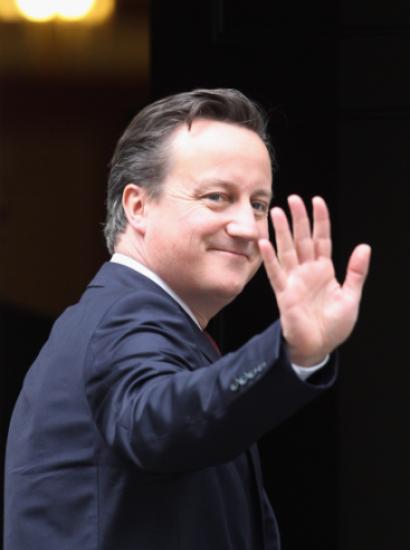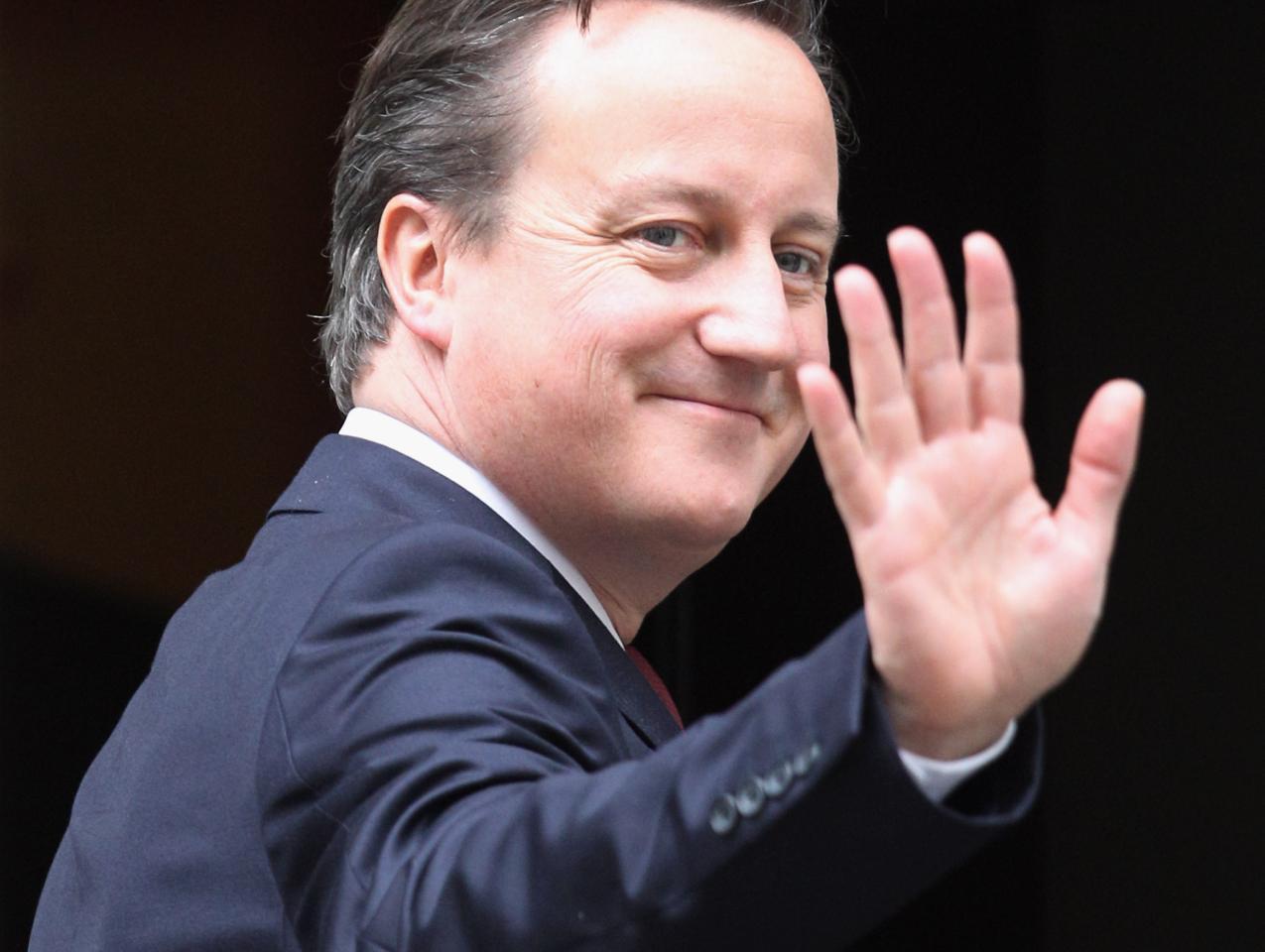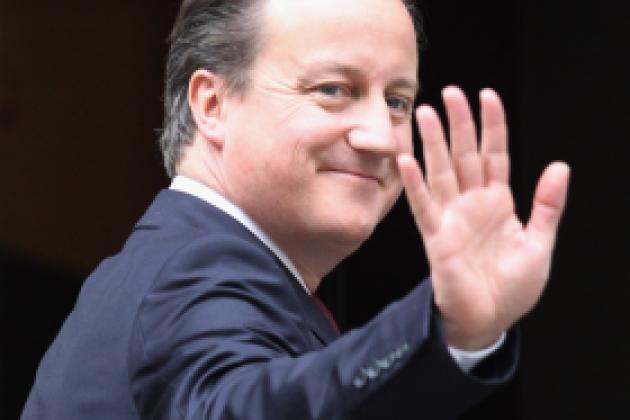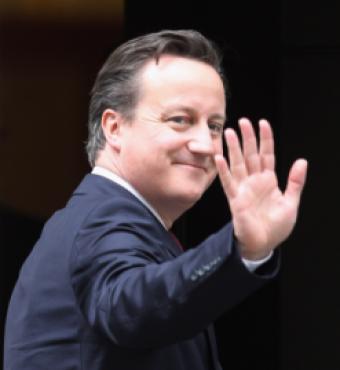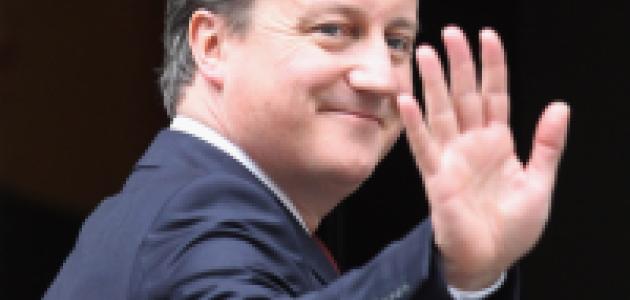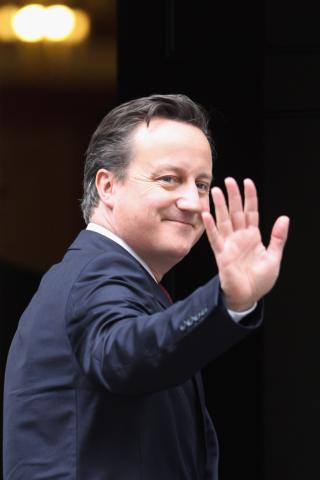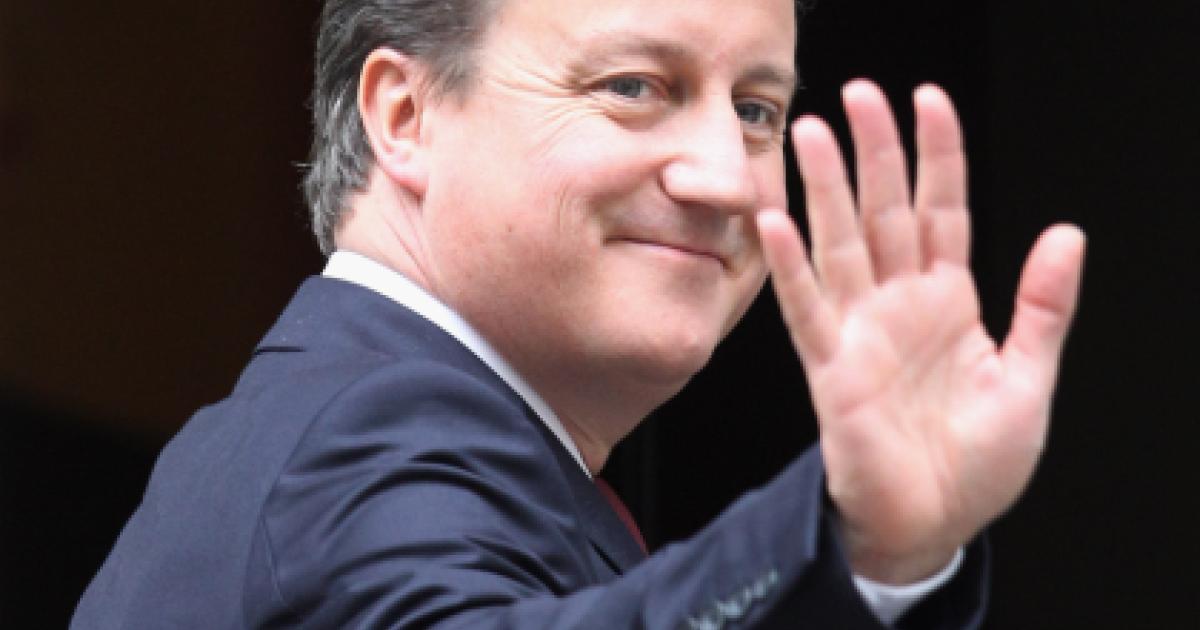- Politics, Institutions, and Public Opinion
As an election nears, the Conservatives are poised for a comeback. Or so it would appear.
The story of Britain’s coming election may not be as simple as it appears. Most pundits expect the Conservative Party, led by David Cameron, to win, returning to office for the first time since 1997. For most of the past two years, the Conservatives have enjoyed a lead of 5–10 points in the polls over the incumbent Labour Party, led by Prime Minister Gordon Brown. But there is a chance that the spring election might not produce a majority government at all. Instead it might, for the first time in decades, produce a fragile minority, even a coalition, government.
A 5- to 10-point lead is substantial for any party going into an election campaign in a democratic system. So why is this Conservative lead not conclusive? There are two reasons.
The first is that recent demographic shifts in the British population, reflected in changes in the boundaries of election districts, give a decided statistical advantage to the incumbent Labourites. The second is that although the Labour government is unpopular (as is Prime Minister Brown) after thirteen long years in power and is struggling with an awful recession, polls show that the Conservative Party is not well trusted or popular either.






